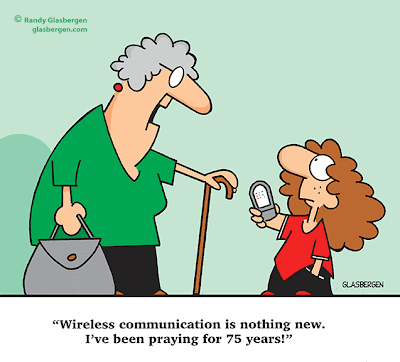Parashat Tzav
Leviticus 6:1-8:36
“And he put upon him the tunic, and girded him with the girdle, and clothed him with the robe, and put the ephod upon him, and he girded him with the skillfully woven band of the ephod, and bound it unto him therewith.” ~~ Leviticus 8:7
In this week’s parashah we read about the High Priest and not only the sacrifices that he performs on behalf of the people, but also of the sanctity with which he is clothed for the tasks and duties of his sacred role.
I share the following story as a modern day example of the support roles that are necessary for the sanctity of the job to take place…no matter what the job. In the above Moses was responsible for preparing and “dressing” Aaron in his fine linens. However, the following story is of a lesser-known hero who had a similar responsibility in preparing another’s “sacred” garments.
Charles Plumb was a US Navy jet pilot in Vietnam. After 75 combat missions, his plane was destroyed by a surface-to-air missile. Plumb ejected and parachuted into enemy hands. He was captured and spent 6 years in a communist Vietnamese prison. He survived the ordeal and now lectures on lessons learned from that experience.
One day, when Plumb and his wife were sitting in a restaurant, a man at another table came up and said, "You're Plumb! You flew jet fighters in Vietnam from the aircraft carrier Kitty Hawk. You were shot down!"
"How in the world did you know that?" asked Plumb.
"I packed your parachute," the man replied. Plumb gasped in surprise and gratitude. The man pumped his hand and said, "I guess it worked!" Plumb assured him, "It sure did. If your chute hadn't worked, I wouldn't be here today."
Plumb couldn't sleep that night, thinking about that man. Plumb says, "I kept wondering what he had looked like in a Navy uniform: a white hat; a bib in the back; and bell-bottom trousers. I wonder how many times I might have seen him and not even said 'Good morning, how are you?' or anything because, you see, I was a fighter pilot and he was just a sailor." Plumb thought of the many hours the sailor had spent at a long wooden table in the bowels of the ship, carefully weaving the shrouds and folding the silks of each chute, holding in his hands each time the fate of someone he didn't know.
Now, Plumb asks his audience, "Who's packing your parachute?" Everyone has someone who provides what they need to make it through the day. He also points out that he needed many kinds of parachutes when his plane was shot down over enemy territory -- he needed his physical parachute, his mental parachute, his emotional parachute, and his spiritual parachute. He called on all these supports before reaching safety.
Sometimes in the daily challenges that life gives us, we miss what is really important. We may fail to say hello, please, or thank you, congratulate someone on something wonderful that has happened to them, give a compliment, or just do something nice for no reason. As we gather around the Seder table in the coming days, and whether it is this week, this month, or sometime this year, what differentiates us as “free” people is that we truly have the ability to recognize those people who pack our parachutes.
This weekend, I encourage you to take a few moments to discuss with your child(ren) how being a free person means not enslaving ourselves to our egos, pride, fears, and/or anxieties. Our actions, especially as we celebrate and retell our Passover story, should be driven by their righteous intent.
Wishing you a zissen (happy) Pesach. Shabbat shalom!







